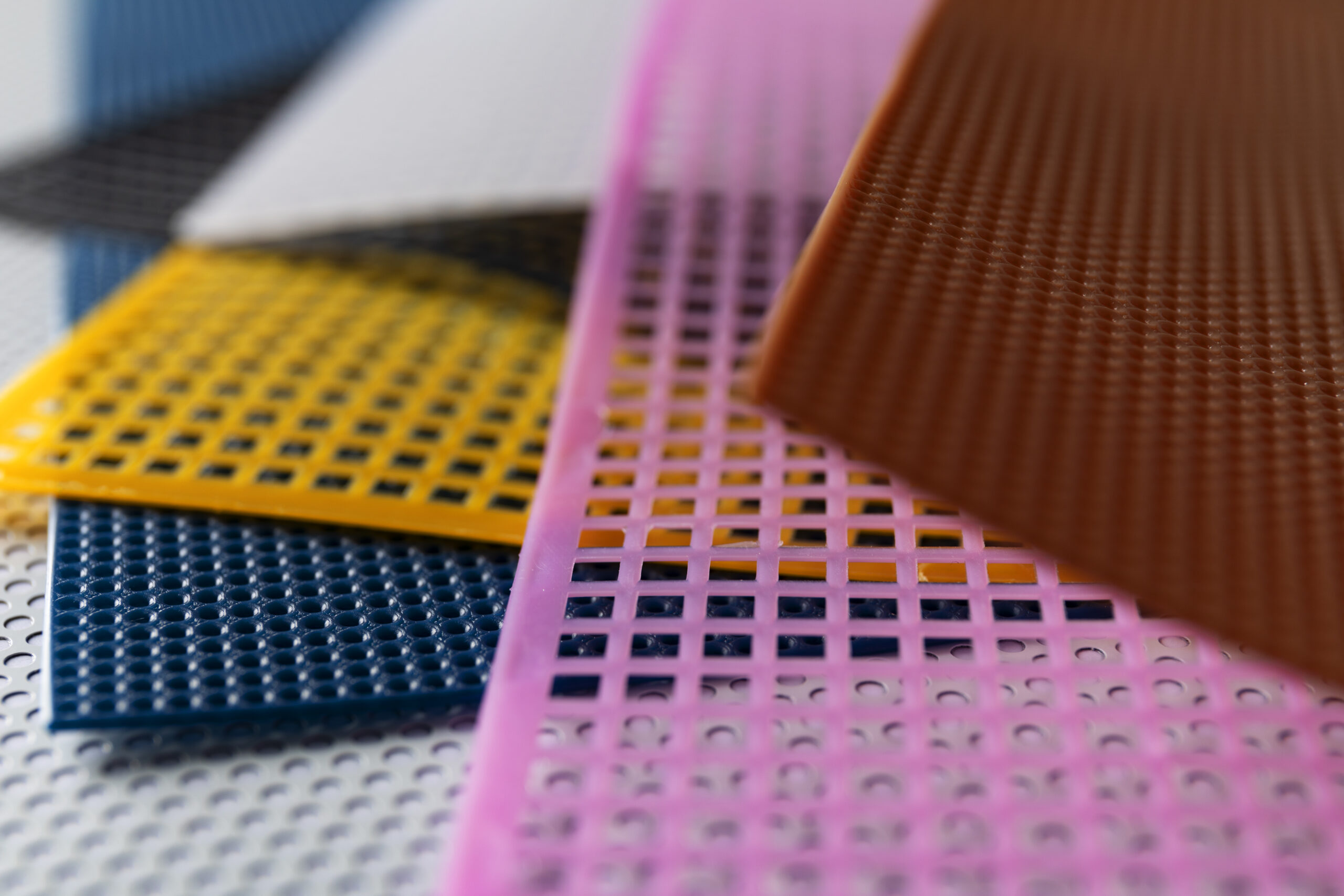 5Jun
5JunTop Industrial Applications of Silicone Rubber Sheeting
Industrial manufacturing across the UAE and worldwide relies heavily on silicone rubber sheeting for critical applications where traditional materials fall short. The unique properties of silicone rubber make it an indispensable material for industries that demand exceptional performance under extreme conditions.
Aerospace and Aviation Industry Solutions
Aerospace applications represent one of the most demanding environments for silicone rubber sheeting. Aircraft engines, fuel systems, and cabin pressurization components require materials that withstand extreme temperature fluctuations ranging from -65°F to 400°F (-54°C to 204°C). Silicone rubber maintains its flexibility and sealing properties throughout these temperature extremes, ensuring reliable performance at high altitudes and during rapid temperature changes.
Commercial airlines use silicone rubber sheeting for door seals, window gaskets, and environmental control system components. The material’s resistance to jet fuel, hydraulic fluids, and cleaning solvents makes it ideal for maintenance applications where chemical compatibility is crucial. Military aircraft benefit from silicone rubber’s ability to perform consistently in harsh combat environments while maintaining low maintenance requirements.
Food Processing and Pharmaceutical Manufacturing
Food processing facilities throughout the UAE rely on silicone rubber sheeting for applications requiring FDA compliance and food-grade safety standards. Bakeries use silicone sheets for conveyor belts and release surfaces because the material prevents sticking while withstanding high oven temperatures.
Pharmaceutical manufacturing demands materials that meet strict regulatory requirements for purity and cleanliness. Silicone rubber sheeting provides contamination-free surfaces for tablet pressing operations, packaging equipment, and sterile processing environments. The material’s compatibility with steam sterilization procedures makes it valuable for medical device manufacturing and biotechnology applications.
Automotive Industry Applications
Modern vehicles incorporate silicone rubber sheeting in numerous critical systems where reliability directly impacts safety and performance. Engine compartments expose rubber components to extreme heat, oil vapors, and mechanical stress that would quickly degrade conventional rubber materials. Silicone rubber maintains its properties throughout the vehicle’s operational life, reducing maintenance costs and improving reliability.
Electric vehicle manufacturers particularly value silicone rubber sheeting for battery thermal management systems. The material’s electrical insulation properties, combined with thermal conductivity option, help manage battery temperatures while preventing electrical hazards.
Energy Sector and Power Generation
Oil and gas operations in the UAE utilize silicone rubber sheeting for applications involving high temperatures, corrosive chemicals, and extreme pressure conditions. Drilling equipment seals, pipeline gaskets, and refinery components benefit from silicone’s resistance to petroleum products and temperature stability.
Wind turbine applications rely on silicone rubber sheeting for nacelle sealing and component protection against harsh weather conditions. The material’s flexibility maintains effective seals despite constant vibration and movement, while its weather resistance ensures long service life in offshore and desert installations.
Electronics and Electrical Applications
Electronic device manufacturing depends on silicone rubber sheeting for applications requiring electrical insulation combined with thermal management. Computer cooling systems use silicone sheets to transfer heat from processors to heat sinks while providing electrical isolation. Telecommunications equipment housings rely on silicone gaskets for weather sealing and EMI shielding in outdoor installations. LED lighting manufacturers incorporate silicone rubber sheeting for thermal interface materials and optical applications. The material’s transparency options enable light transmission while providing thermal conductivity for heat dissipation.



